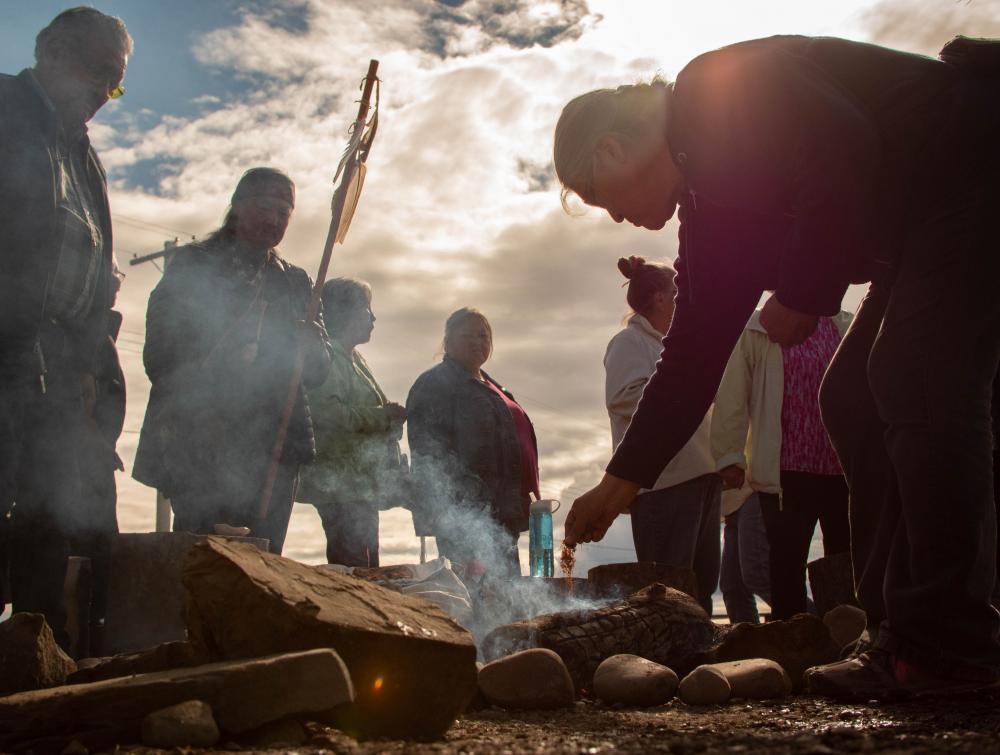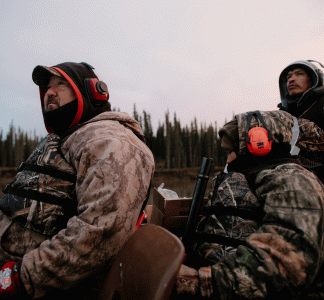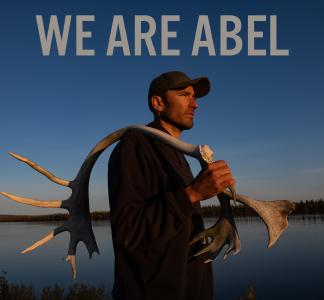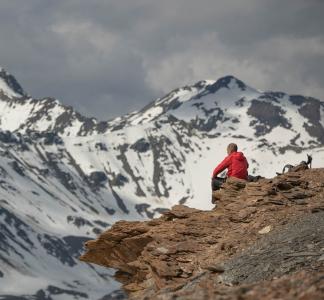Must-see film shows devastating impact of drilling in Arctic Refuge

“Where Life Begins” reveals delicate balance of life for animals and Native Gwich’in people
The short film Where Life Begins explores the sacred moments after the birth of a Gwich’in baby and the importance of protecting the Arctic National Wildlife Refuge for the future.
In the film, Erika Tizya-Tramm, a first-time mom and a member of the Gwich’in community, explores how this precious time between mother and child requires peace and space, an element that would be ripped away from the community and likewise from the calving caribou should oil drilling occur in the refuge.
“I can say as a mother that sometimes we can’t always explain these things. You just know them. And I think that’s also instinctual with the caribou,” she explains.
Tizya-Tramm’s culture relies on the refuge’s caribou as a staple of their diet and fundamental part of the Gwich’in’s spiritual and cultural life.
The Gwich’in community’s way of life revolves around the land. It has been this way for generations. But this could change for the children being born today if a new Trump administration plan to open the Arctic Refuge to oil and gas drilling succeeds.
“It means a lot of traffic. It means a lot of noise and a lot of disturbances. The traffic alone … I can’t imagine having traffic co-exist with calving caribou. I’ve never heard of it,” said Tizya-Tramm in the award-winning film that has been making the rounds through film festivals in the West.
Before the end of the year, the Trump administration is planning to lease the coastal plain of the Arctic Refuge to fossil fuel companies. The resulting traffic, noise and construction would threaten the Porcupine caribou herd that migrates to the coastal plain of the refuge to calf their young each spring. This development would directly hurt the Gwich’in people who have built their communities on the migration path of the caribou.
Produced by Coral & Oak Studios in association The Wilderness Society, Where Life Begins won Best People & Nature short film at the 2019 Jackson Wild Film Festival and was nominated at the Global Impact Film Festival for Best Editor — a nod to Katie Schuler, who also directed and shot the film. The short film was also selected for multiple festivals, including the Social Justice Film Festival, San Francisco Green Film Festival, and Portland EcoFilm Festival.
Want to help protect the Arctic Refuge from oil and gas drilling? There’s still time. A new senate bill could declare the coastal plain of the Arctic Refuge a designated wilderness area and protect the land from fossil fuel development. But we have to move quickly. Urge your senators to support the Arctic National Wildlife Refuge wilderness bill today.



